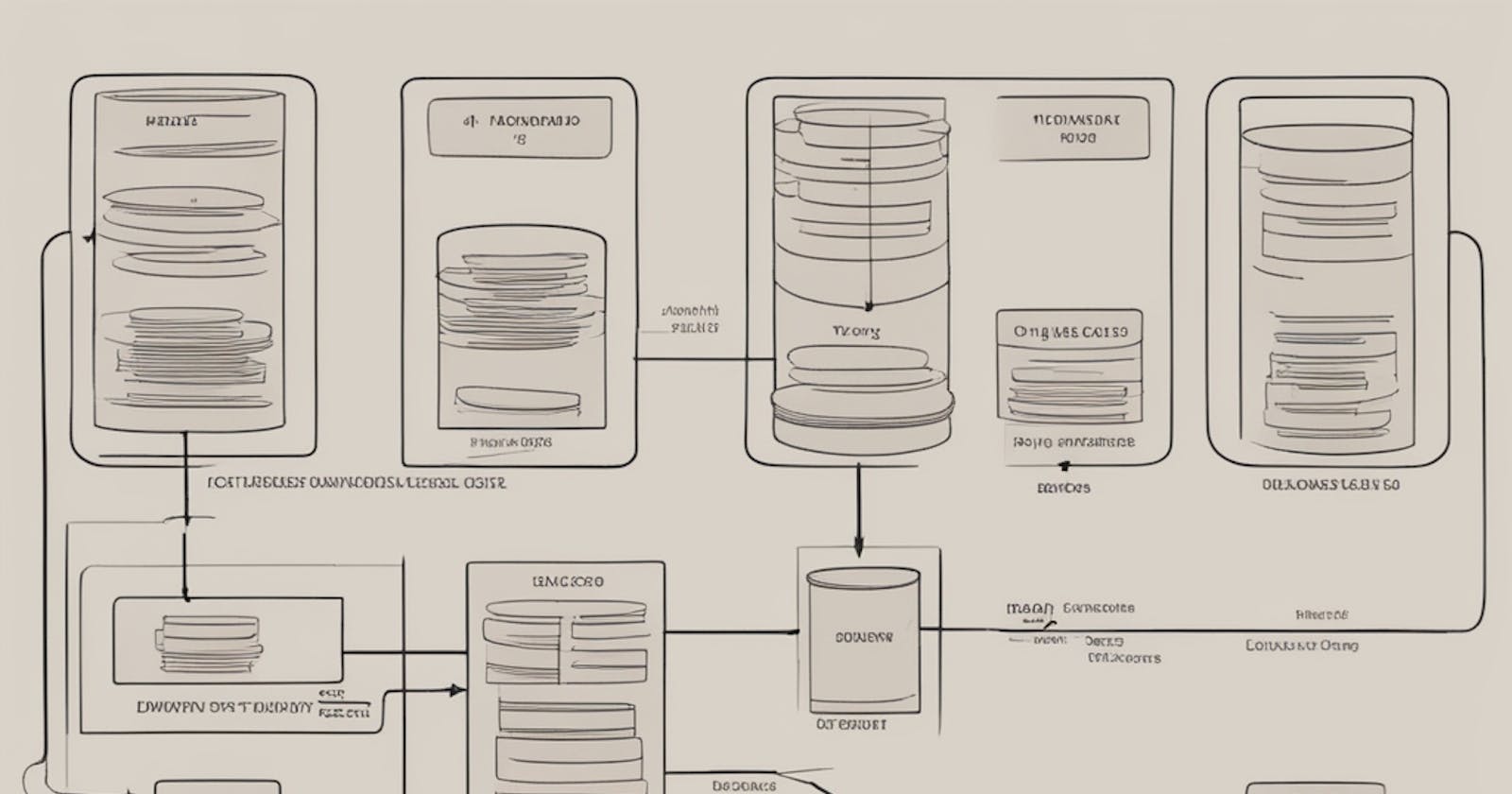DynamoDB is a powerful NoSQL database service offered by Amazon Web Services (AWS). Here's a comprehensive introduction to get you started:
What is DynamoDB?
DynamoDB is a serverless, NoSQL, fully managed database service.
Serverless means you don't have to manage the underlying infrastructure, allowing you to focus on your application logic.
NoSQL refers to its non-relational data model, which offers flexibility for various data structures.
Fully managed signifies AWS handles provisioning, scaling, backups, and security.
Key Features:
Fast Performance: Delivers single-digit millisecond response times, making it ideal for real-time applications.
Scalability: Handles massive datasets and scales seamlessly to meet your application's demands.
High Availability: Offers automatic replication across multiple regions for data redundancy and fault tolerance.
Security: Provides encryption at rest and in transit, along with access control mechanisms.
Cost-Effective: You only pay for the resources you use (provisioned capacity or consumed on-demand).
Data Model
DynamoDB stores data in tables, similar to spreadsheets.
Each table has a primary key, which is a unique identifier for each item (row) in the table.
DynamoDB supports two primary key types:
Hash Key: Partitions data evenly across multiple servers. This is ideal for fast retrievals by the primary key.
Range Key: Further identifies items within a partition defined by the hash key. This enables efficient querying of related items.
DynamoDB can also store additional attributes beyond the primary key, allowing for flexible data structures.
Basic Operations:
CRUD Operations: Create, Read, Update, and Delete items in the tables.
Querying: Retrieve specific items using the primary key or secondary indexes (optional for more complex queries).
Scanning: Iterate over all items in a table, useful for bulk data processing.
